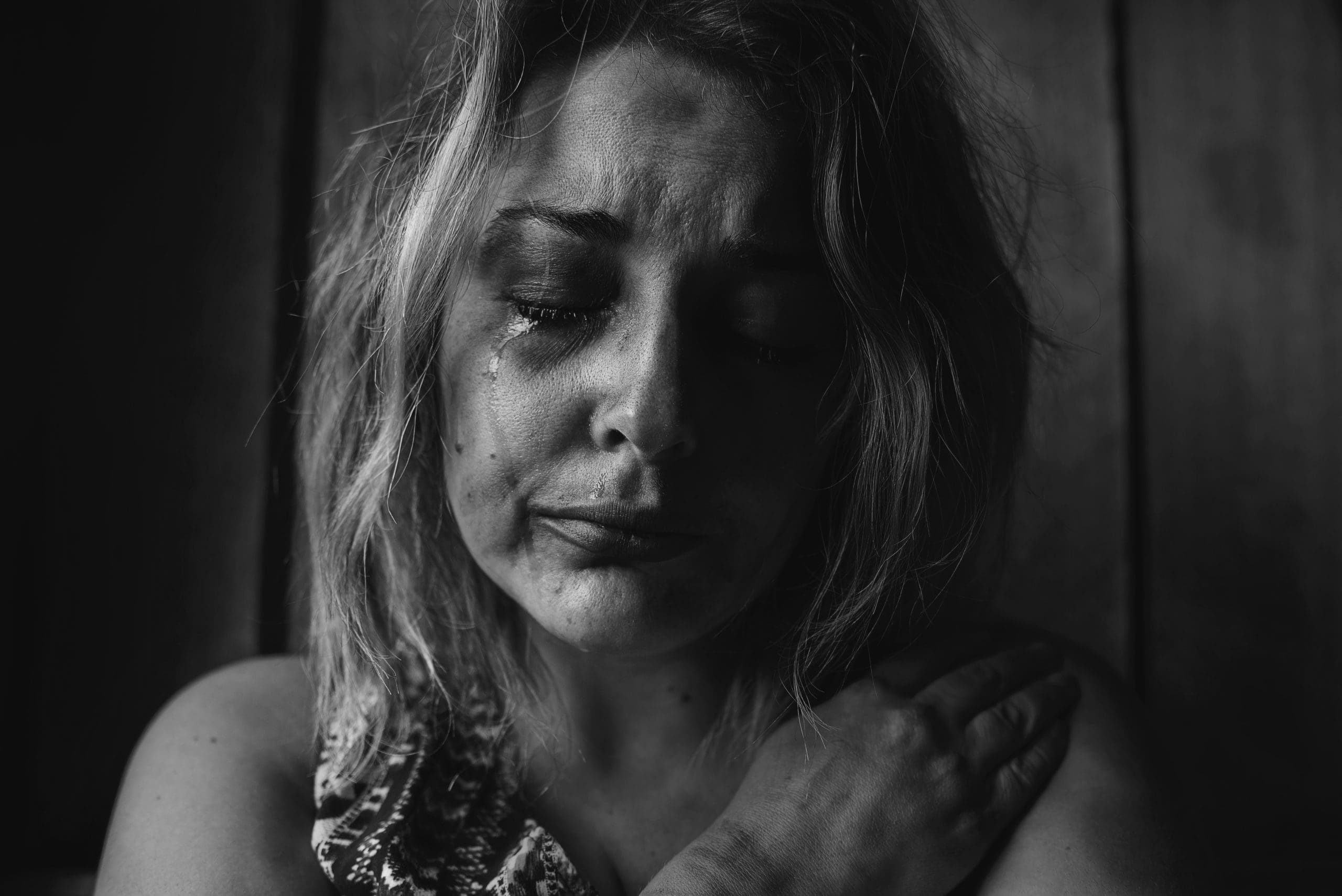Texas is a major hub for sex trafficking, and this slave trade inflicts severe mental, physical, and spiritual abuse on its victims. They need to be rescued.
In June, Texas Scorecard interviewed Pastor Heather Schott of The Justice Reform, a nonprofit organization in Fort Worth focused on stopping sex trafficking. In Part 1 of this series, she discussed how widespread the horrific practice is in the Lone Star State. In Part 2, she shares the pain of the enslaved.
Coerced, Manipulated, and Brainwashed
First, and most importantly, Schott rejected the cultural idea that someone selling their body for sex is a victimless crime. Schott says some tend to believe that “these people, these women, were born to be sold for sex every day of their life, and that’s their choice, that’s what they want to do with their life.”
“No,” she continued. “They have been coerced, they have been manipulated, [and] they have been brainwashed into this position.”
We are making excuses for what modern slavery looks like and is.
She went on to describe how these victims are coerced. “They have been told that their families, that their children, will be murdered. They will be told that they have no other purpose in life. They will be drugged so that they cannot make decisions for themselves.”
Captured
The ways in which people get caught in this web are varied and tragic. “One girl might have been trafficked by her parents since she was a child … and they don’t even know that they were being trafficked. They thought that was normal family life, of men coming in and out of their house and being raped over and over,” Schott said.
Or it might happen when a teenager finds someone to stay with through a website like the infamous BackPage. “The next thing you know, they think they’re partying for a couple of days with a random group of people, until they’ve been so infused with drugs that now, slowly, they’re being sold out of a house for sex.”
Often, though, Schott said it comes through luring victims with the promise of a luxurious life.
Sex traffickers often use the internet as a tool to capture young victims. “All that your middle-school child has to do is post on Facebook and say, ‘I hate my mom. We got in a huge fight. She doesn’t love me or support me in my decisions,’” Schott explained. “They become a target for traffickers that are consistently targeting that age group, looking and watching what is being said.”
Traffickers will then contact the child and shower her with affection and compliments. “The next thing you know, this middle-school girl is convinced that she is loved by this person, by this man. And now mom and dad are the enemy because they don’t support this relationship,” she said. “Now these parents never see their daughter again because [she was] just taken by a trafficker, not a boyfriend.”
Pain and Guilt
No matter how they’re enslaved, the extreme mental, physical, and spiritual abuse that comes with being trafficked affects these people deeply. “They’re so traumatized and afraid, they don’t know who to trust,” Schott explained. It can also affect how they perceive those offering help. Schott added that victims of trafficking often don’t know if they can trust their rescuers, since all they have seen for years is people who abuse them. “How do they know the next person is really coming in to care for them?”
Those who are rescued deal with a burden of guilt. “Some of them are burdened with the fact that they’re in a place of physical freedom while others are still stuck in [trafficking],” Schott said. “Some of them are used to traffic others to protect themselves. So … there’s a lot of guilt and a lot of shame that they have to work through.”
With all of this suffering, Schott implores us to not believe cultural narratives that normalize selling sex. “These people deserve to be rescued—and not just rescued, but put into a safe place.”
If you believe someone is in immediate danger of human trafficking, the Texas Attorney General’s office recommends you contact 911, then call the National Human Trafficking Hotline at 1-888-3737-888. Recommended action steps are also available if you are unsure but suspect trafficking is taking place.





